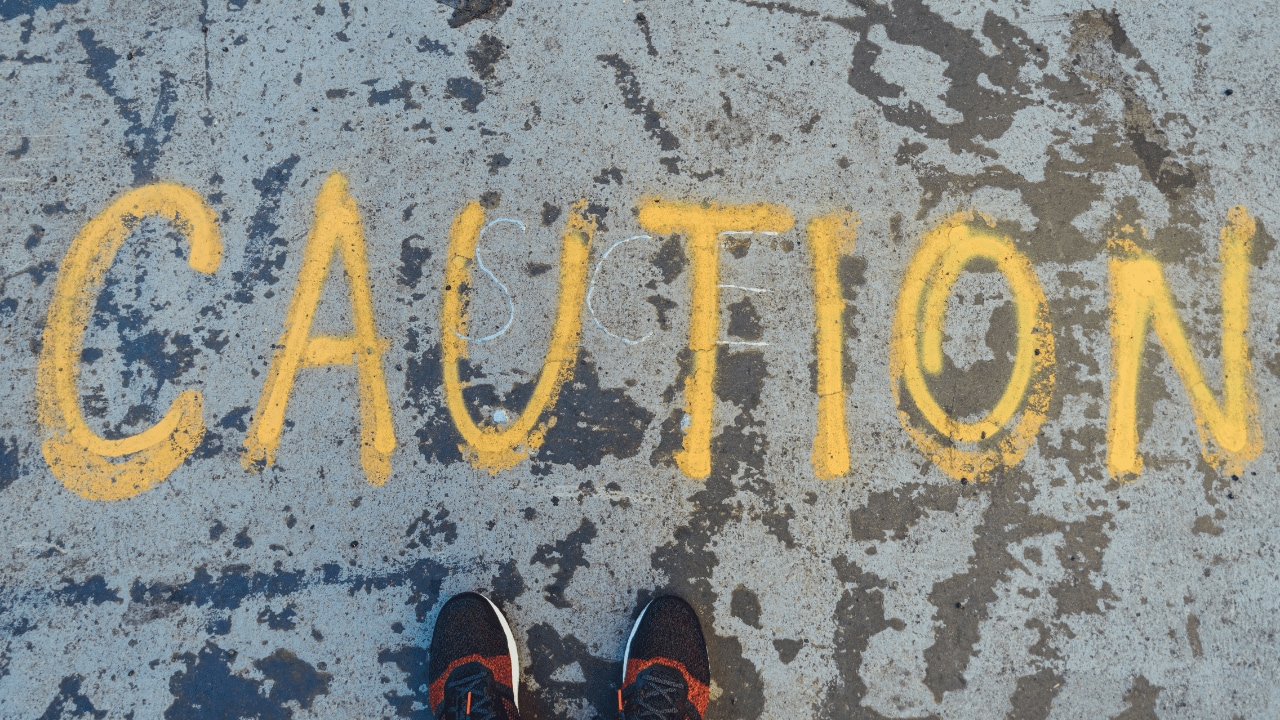The Consumer Affairs Ministry today released an exhaustive guideline for celebrities, influencers and virtual influencers on social media platforms. The guideline not only defines who falls in the category of endorsers but also gives an in-depth understanding of how disclosures and disclaimers should be placed in any content put out by them on a public platform. A fine of Rs 10 lakh will be slapped on those who violate the rules and guidelines. The fine can go up to Rs 50 lakh for repeated offenders, the ministry said. The ministry also added that influencers can even be barred from endorsing products for up to 6 years in case of repeated non-compliance of the guidelines.
Who should disclose?
Individuals/groups who have access to an audience and the power to affect their audiences’ purchasing decisions or opinions about a product, service, brand or experience, because of the influencer’s/celebrity’s authority. knowledge, position, or relationship with their audience.
When to disclose?
When there is a material connection between an advertiser and celebrity/influencer that may affect the weight or credibility of the representation made by the celebrity/influencer.
What is material connection?
The ministry clearly defines material connection in the guidelines. As per the guideline material connection could include but is not limited to benefits and incentives such as monetary or other compensation, free products with or without any conditions attached, including those received unsolicited, discounts, gifts, contest and sweepstakes entries, trips or hotel stays, media barters, coverage and awards or any family, personal or employment relationship.
Guidelines for manufacturer, service provider, advertiser and advertising agency
There is also a section in the guideline that talks of the duties of the manufacturer, service provider, advertiser and advertising agency.
It says, all descriptions, claims, and comparisons in advertisements must be capable of being substantiated and shall not contain any reference. There should also be indication on the source and date of independent research or assessment in case claims in the advertisement are based on or supported by such research or assessments.
The content as per the ministry should also not contain statements or visual presentations that directly, by implication, by omission, by ambiguity, or by exaggeration are likely to mislead consumers about the product advertised or the advertiser or any other product or advertiser.
Penalty
“Failure to disclose any material connection or non-compliance of the Consumer Protection Act 2019 and Rules made thereunder would make such violations liable for strict action under the law,” said a ministry official.
Non-compliance could also lead to a fine of Rs10 lakh and for repeat offenders it can also go up to Rs 50 lakh. Plus, in case of repeated non-compliance of the guidelines, influencers can be barred from endorsing products for up to 6 years.
